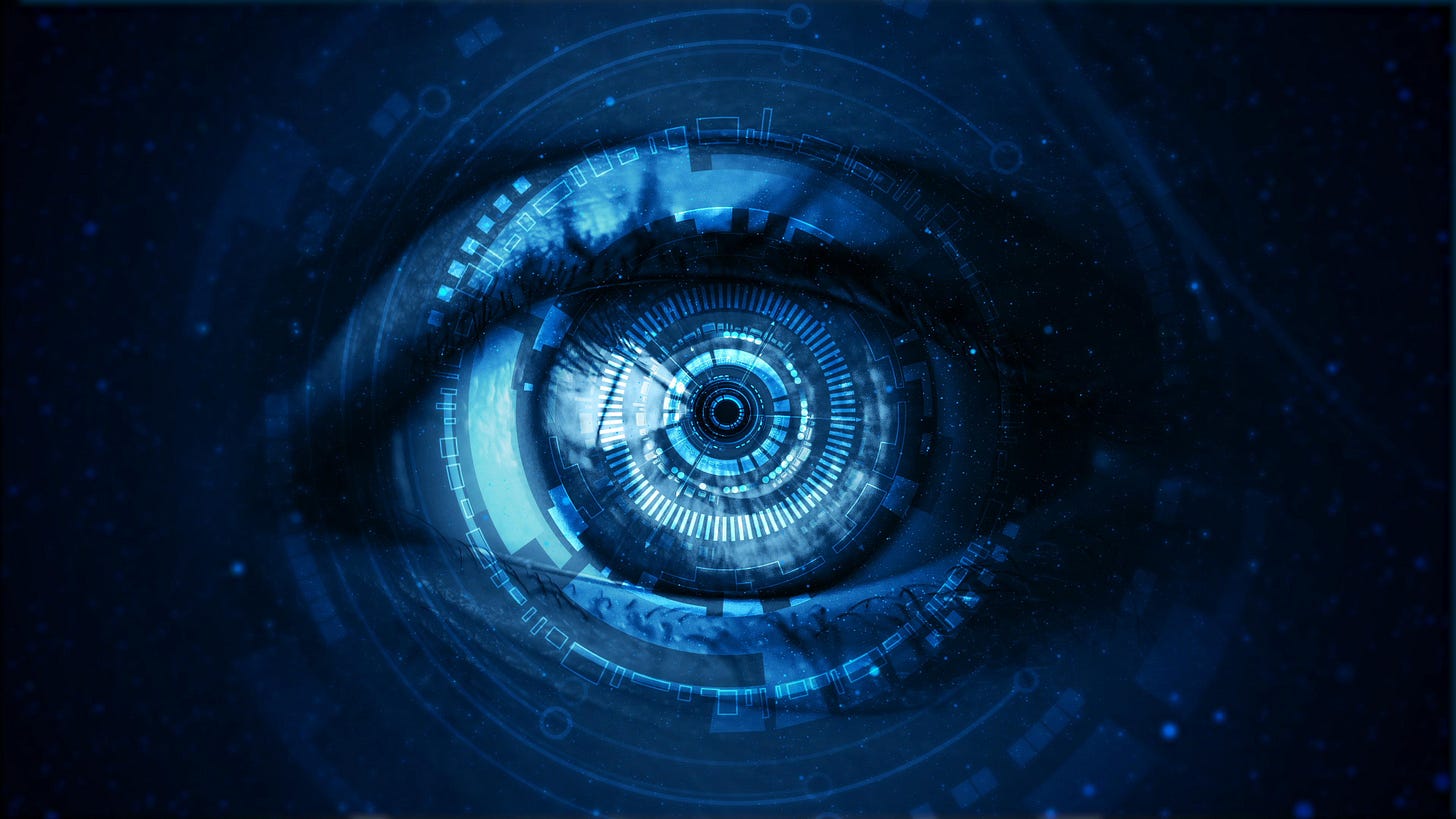AI-Driven Micromanagement: The Future of Workplace Surveillance
When AI stops enhancing productivity and starts policing employees, leaders don’t gain efficiency—they lose trust.
Your Boss Isn’t Watching You. But an Algorithm Is.
Tracking your keystrokes.
Measuring your “productivity.”
Flagging your “idle time.”
At first, it seems like a small change. A new “efficiency tool” rolls out. A few new metrics in the dashboard. Nothing major.
Then, people start noticing...why is my screen activity being tracked minute by minute? Why am I getting flagged as ‘idle’ when I’m thinking through a problem? Why does my productivity score depend on keystrokes—not actual results?
And that’s when it clicks: This isn’t about optimization. This is about surveillance.
AI Isn’t Replacing Micromanagement—It’s Supercharging It.
Most leaders don’t intend to micromanage. But when AI turns into an invisible watchdog, leadership shifts from guiding to policing.
The thing is, AI doesn’t measure creativity, problem-solving, or leadership.
- It misreads “thinking time” as inactivity.
- It tracks movement, not meaningful work.
What leaders see as efficiency, employees experience as distrust.
If every move you made was tracked, scored, and judged by an algorithm, would you feel trusted—or just controlled?
At one point in my career, I was a Sales Training Manager, responsible for onboarding and up-skilling sales teams. The job itself was demanding, but what made it borderline unbearable was the constant surveillance. Every training room had a camera with audio—not just for recording sessions, but for watching us in real-time.
At any moment, the VP or Director of Training could drop in with unsolicited feedback—often nitpicking things that had nothing to do with actual results. What started as a tool for "quality control" quickly turned into micromanagement in disguise. Instead of focusing on coaching and development, we spent more time managing perceptions and justifying our decisions to leadership.
It wasn’t about making us better. It was about control. I know this feeling firsthand. And it doesn’t take an algorithm to erode trust—sometimes, all it takes is a camera and a mic.
AI-driven surveillance doesn’t inspire better work—it creates anxiety.
Think about it; employees start working for the tracker, not the mission, high performers resent being reduced to metrics, and creativity shrinks because innovation requires space—not constant monitoring.
🚨The Leadership Blind Spot: Leaders think they’re optimizing efficiency, but they’re actually building a culture of distrust.
And what happens when trust erodes? Top talent goes!
Awareness check
Have you worked under AI surveillance? Did it push you to perform—or just push you closer to burnout?







